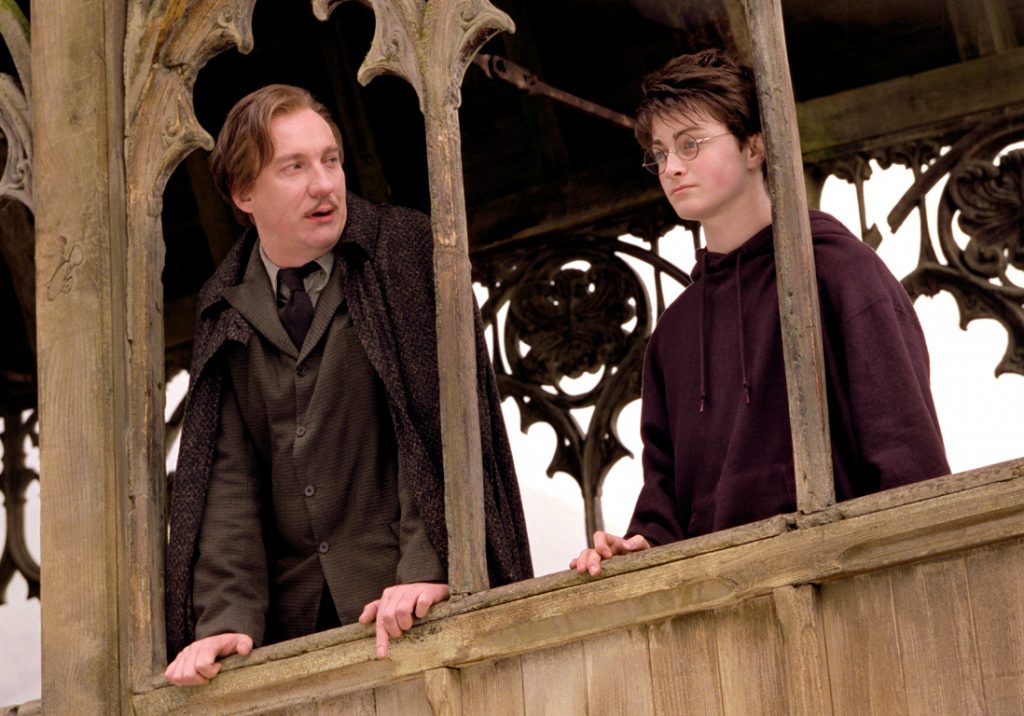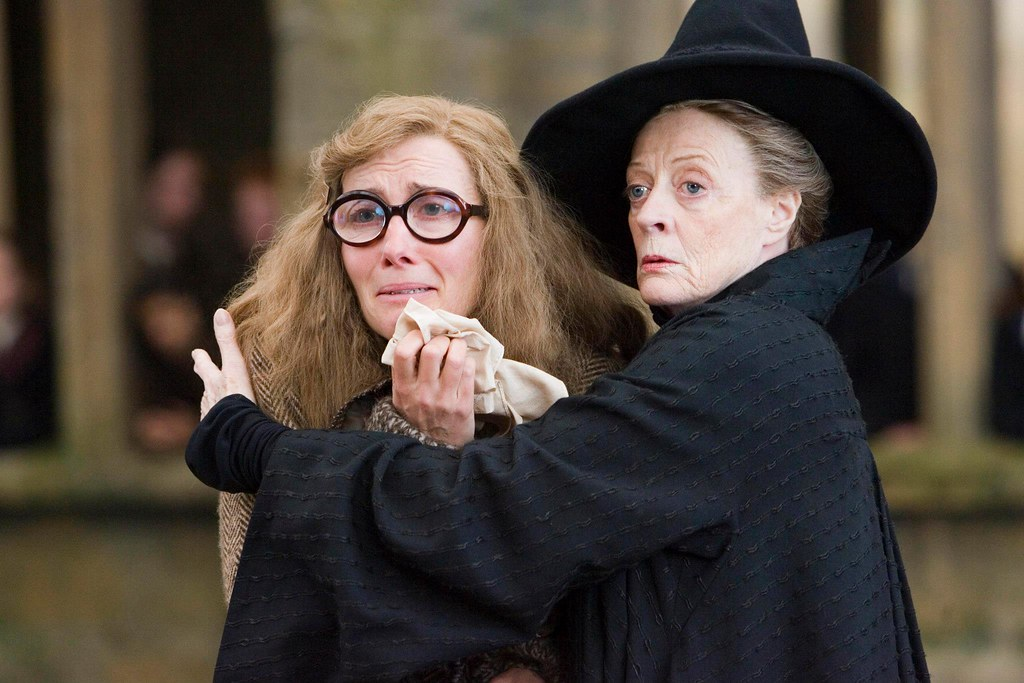Expecto Pedagogy! Examining the Effects of J.K. Rowling’s Teaching Experiences
It’s August, which means both pupils and teachers are preparing to go back to school. At MuggleNet, we love to see teachers incorporating their love for Harry Potter into their classrooms. Teachers around the world take inspiration from these books, but many don’t know of J.K. Rowling’s own teaching experiences.
One of my favorite memories from school is my fourth-grade math teacher Mrs. Phillips’s Harry Potter-themed classroom. The golden trio adorned her bulletin boards; students were sorted and earned House points (I was a Hufflepuff thereafter); and the school rented out a movie theater to view Harry Potter and the Chamber of Secrets together. It was an unforgettable experience.

I was inspired by motivating, creative, caring adults like Mrs. Phillips to become a teacher. The more years I spent in my own classroom, the more I began to appreciate just how much Rowling got right about teachers and pedagogy. This shouldn’t be a surprise since she was a teacher herself.
In the early 1990s, Rowling moved to Oporto, Portugal where she taught English as a foreign language. Meanwhile, she married, gave birth to her daughter Jessica, and began work on the Potter series. Following her divorce and move to Edinburgh, she taught in city schools while completing the manuscript for Harry Potter and the Philosopher’s Stone.
This book introduced readers to many compelling characters, including teachers like McGonagall and Snape. As the series progressed, we met more teachers, like Trelawney and Slughorn. Rereading the series as an educator allows for a brand new analytical perspective.
The dynamic between teachers and students in Harry Potter always seemed realistic to me. Rowling admits she based certain characters on real people. Based on some of the professors at Hogwarts, it is likely that Rowling witnessed some colleagues with less-than-ideal methods. Snape is a “very sadistic teacher loosely based on a teacher [she herself] had,” and “teachers do sometimes abuse their power.” Theory-obsessed Umbridge is also somewhat inspired by a real educator (yikes). At best, bad teachers make learning boring; at worst, they crush students’ spirit.

While studying education, I mainly aspired to be like Lupin: patient, empathetic, and respectful of students despite their age. I actually wound up more like McGonagall: strict yet deeply caring, just, and always rooting for the students’ success.
The first witch we meet in Harry Potter and the Sorcerer’s Stone is actually McGonagall in cat form. In the early hours of the fateful day following James and Lily’s death, Harry’s future teacher chooses not to celebrate Voldemort’s downfall; instead, she scrutinizes the orphan’s new home. This experienced educator knows that children need structure, stability, and safety, all of which seem unlikely at the Dursleys’. She wastes no time expressing this concern for Harry’s well-being to Dumbledore.
As a young reader, I never realized just how much McGonagall’s concern must have carried over into teaching Harry and striving to protect him from danger, including from “mass-murderer” Sirius Black, the Triwizard Tournament, and Umbridge. I deeply respect such caring teachers.
The relationships between Hogwarts professors also seem authentic. In my experience, teachers can sometimes be cliquey. McGonagall, Sprout, and Flitwick often meet together in the Three Broomsticks. As much as I love them, I have to admit they sometimes gang up on coworkers such as Lockhart and Umbridge. (But can we really blame them?) At the same time, teachers also support their colleagues and come to their rescue, much like the way Dumbledore and McGonagall stand up for Hagrid, Lupin, and Trelawney.

The dynamic between Hogwarts and the wizarding community is incredibly convincing. From Chamber of Secrets onward, the Headmaster and staff are constantly under pressure from parents. It starts with Hagrid’s fear of being sacked after Buckbeak attacks Malfoy. This is every teacher’s worst nightmare – and on his first day. I was infuriated by how Malfoy twisted the story, but this really happens. Furthermore, the way the Ministry of Magic interferes in Harry Potter and the Order of the Phoenix makes me wonder if Rowling ever experienced the government trying to “fix” schools as I did.
Finally, one of the most faithful portrayals in this series is the impact that teachers have on students. Though Barty Crouch, Jr., impersonates Mad-Eye Moody in Harry Potter and the Goblet of Fire, his encouragement helps steer Neville on the path toward heroically destroying a Horcrux. When Harry teaches Dumbledore’s Army, his pedagogy is clearly inspired by Lupin. Slughorn proves that Slytherins are willing to fight Voldemort. Personally, I want to thank every teacher who ever believed in me or went the extra mile for students, like Mrs. Phillips. Teachers help shape the next generation. They make a difference.
Hogwarts shows us the most important truth: Teachers are people. They know how to have fun. They have romances and families. They’re flawed. They’re competitive. They’re stressed. They care more about their students than the students will ever know. Through the professors of Hogwarts, J.K. Rowling teaches us many lessons about love, loss, responsibility, and yes, passing exams. In a way, whether she intended this or not, we are all her students.
